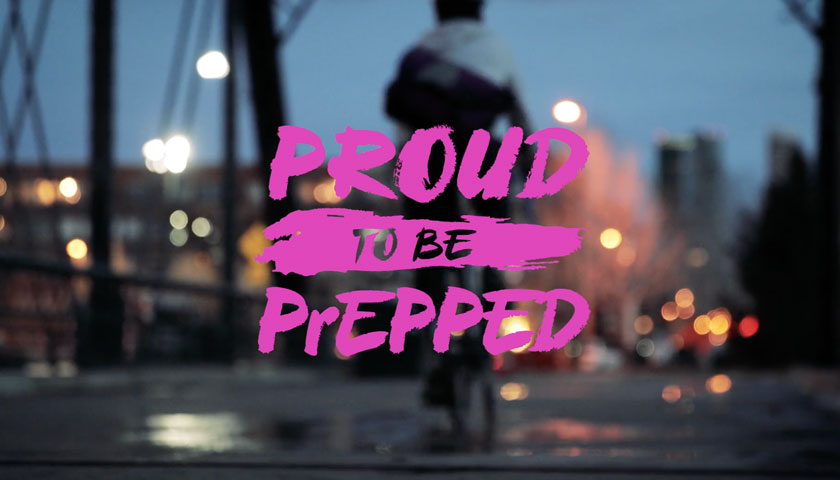Amelie, a Denver based agency talk about how they battled stigma with advertising including in their “Proud to Be PrEPPED” Campaign:
Stigma transcends every aspect of identity, impacting race, ethnicity, religion, sex, gender, economic class, and more. Stigma is everywhere and acts as a primary barrier that people face when seeking help on tough issues, like mental health and addiction.
So what can we do as marketers to break stigma down in order to achieve our goal of helping our community?
Let’s start by defining stigma, “a mark of disgrace associated with a particular circumstance, quality, or person.”
It can manifest as social stigma—people placing judgment on others—or as self-stigma, where individuals internalize negative stereotypes about themselves. Social stigma can also trigger self-stigma—creating a vicious cycle aided by economic, social, policy, and organizational structural factors.
Focusing on destigmatization is a foundational pillar for much of our work. The success of many of our creative campaigns is measured by our ability to encourage individuals to seek help if needed, or perhaps to increase the community’s support around key issues—goals we cannot achieve without taking on stigma directly.
We reach our intended goals by understanding the specific types of stigma at play, and then use insights about our audience to remove stigma as a primary barrier.
This approach was particularly effective in our work with the Colorado Department of Public Health and Environment (CDPHE) on the “Proud to Be PrEPPED” campaign, where we were challenged to raise awareness around the once-a-day HIV prevention drug, PrEP.
The PrEP pill provides 99% protection from HIV infection. What was standing in the way of adoption? PrEP has historically had limited use due to being expensive to purchase with or without insurance, difficult to get from providers, and users have been stigmatized as sexually promiscuous.Based on these insights, we set out to combat the primary barrier of stigmatization by instilling pride in our target audiences (men having sex with men, transgender women, cisgender women, members of the LGBTQIA+ community, and members of the Hispanic/Latinx community).
We empowered our target audiences to be proactive for their health and become part of a solution that could ultimately eradicate AIDS. We wanted to show our audience that there’s no shame in taking charge of your health—it’s actually something to be immensely proud of.
We introduced the “Proud to be PrEPPED” campaign, featuring real, up-close and very personal stories from core target audience members to combat stigma, drive awareness, and encourage use. To combat the financial barrier, we created a “Proud to Prescribe PrEP” site to help consumers identify where they might go to discuss and receive a prescription for the pill and included information on affordable options for care.
The result? Willingness to try PrEP increased over 40% and use of PrEP increased 408%.
Stigma is complex and incredibly dangerous in its effects on individuals and their mental and physical health. It doesn’t happen overnight, but with the right communications strategy amplifying the right message, we can destigmatize important subjects like opioid use disorder and mental health. Click here to learn more about Amelie’s anti-stigma work.


